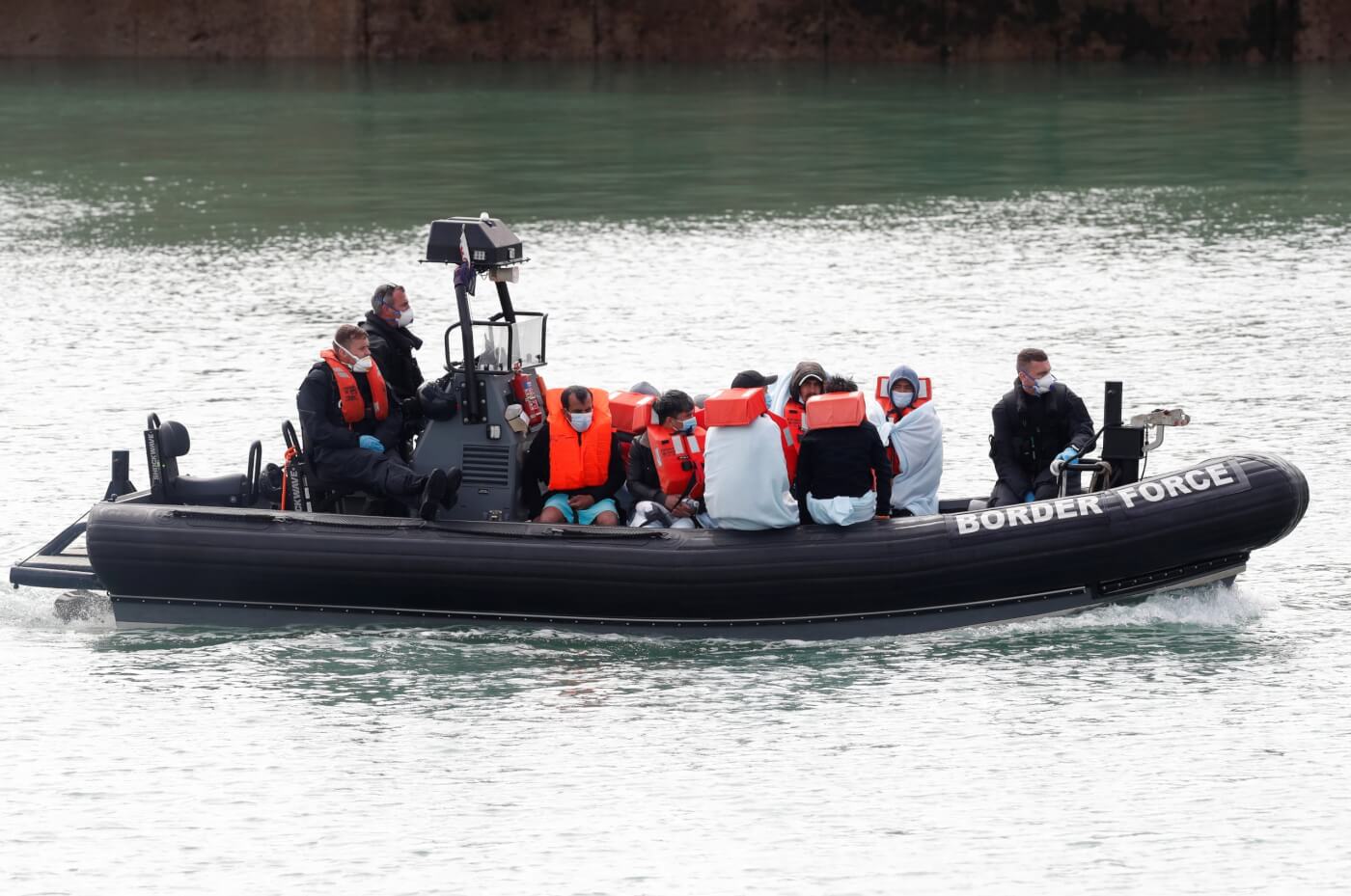Home Secretary, Priti Patel, has announced plans to lengthen jail terms faced by people smugglers in a bid to stymie the recent surge in migrant Channel crossings.
Though the maximum sentence is currently 14 years, the Home Secretary voiced concerns over the fact that the average jail term received is around 3 years.
A Home Office spokesman said that:
“Whilst criminal gangs continue to put lives at risk it is right we consider every option to stop their exploitation of people.”
The Home Office also called for life sentences to be “used in the worst cases” and said that the present 14-year maximum “does constrain obviously what judges can do” because it “narrows the range of sentences available.”
Channel crossings have increased dramatically in recent years, with 2021 showing no signs of breaking from the trend. Compared to the same point last year, the number of successful crossings is up 40%. This is despite 2020 seeing figures more than quadruple and a record 8,417 crossings documented.
The lengthening of jail sentences for people smugglers is the latest example of the Home Office’s policy of deterrence, with measures aimed at preventing crossings introduced frequently in recent months.
One such measure is the appointment of a Clandestine Channel Threat Commander. Given the “primary responsibility of making the Channel route unviable for small boat crossings”, the creation of this role is indicative of the callous approach undertaken by the government.
Changes to immigration rules, allowing British authorities to deny asylum to refugees who have previously passed through a safe country, were introduced on 1 January 2021. The rules, which have been called “a serious breach of the Refugee Convention”, impose unnecessary restrictions on refugees and asylum seekers.
Ministers have also voiced fears over a possible rise in crossings as migrants try to reach Britain before further deterrent measures take effect.
Additionally, conditions inside housing provided to asylum seekers in the UK have been described as unsuitable for “lengthy detentions”. The Napier barracks, which houses 380 migrants, has had at least 197 positive Covid-19 cases in 2021, despite healthcare professionals and humanitarian groups repeatedly issuing warnings that the site was not Covid-secure.
The conditions at the other facilities in Kent have also come under intense scrutiny, with hundreds of cold and wet migrants reportedly placed in containers on a “rubble-strewn building site.” Bridget Chapman, a spokesperson for Kent Refugee Action Network said that:
“Asylum-seeking people are arriving here seeking sanctuary. Instead of taking care of them, the government is placing them in what amounts to inhuman and degrading conditions.”
The continuation of the Home Office’s campaign of deterrence is not delivering the results they wish based on the recent increases in the number of Channel crossings. More must be done to ensure that the UK does not abandon its overseas responsibilities, violate international law, and restrict the ability of refugees to seek asylum.

